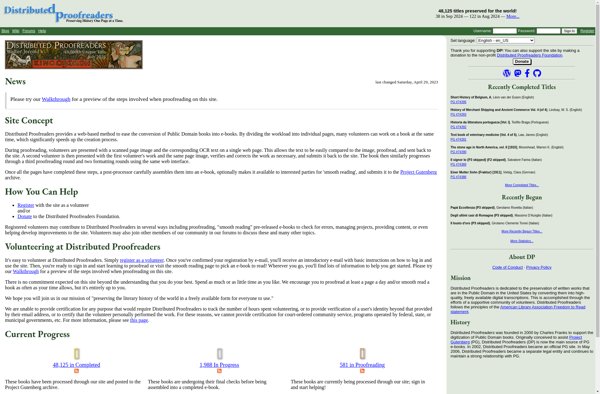Zooniverse
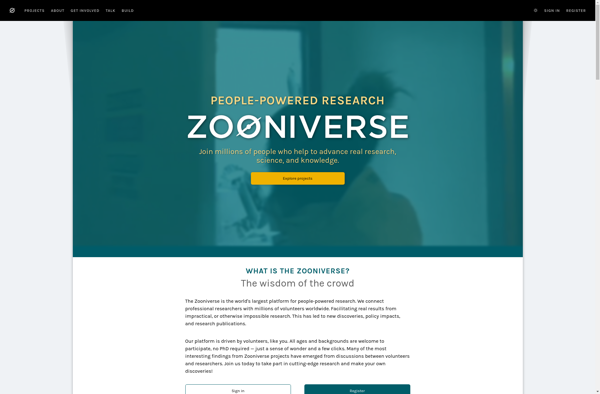
Zooniverse: People-Powered Research Platform
A platform for collaborative research across various disciplines, where volunteers contribute to real academic projects through image classification, text transcription, and feature identification.
What is Zooniverse?
Zooniverse is an online citizen science platform that enables volunteers from around the world to contribute to academic research projects. It was launched in 2007 and has grown to become the world's largest and most popular platform for people-powered research.
Zooniverse hosts dozens of projects across a diverse range of disciplines including physics, astronomy, humanities, biology, climate science, medicine, and more. These projects rely on contributions from members of the public to complete simple tasks that computers cannot yet accomplish, such as identifying features in images, classifying galaxies, transcribing historical documents, tracking wildlife, and more.
The data generated from Zooniverse projects helps accelerate academic research and leads to new discoveries. Over 2 million volunteers have made over 100 million classifications across Zooniverse to date. Some notable discoveries enabled by Zooniverse include new black holes, exoplanets, transcriptions of Shakespeare's handwriting, newAnimal behavior insights, and more.
The Zooniverse platform makes it easy for any researcher to create a project. Volunteers can sign up for free, choose projects based on their interests, complete basic tutorials explaining the classification task, then get started contributing. The platform takes care of hosting images and data as well as analyzing volunteer inputs. Results help researchers better understand their subjects and share findings more quickly thanks to public participation.
Zooniverse Features
Features
- Crowdsourcing platform to involve public in academic research
- Volunteers can classify images, transcribe text, identify features in datasets
- Supports dozens of research projects across disciplines like physics, humanities, biology
- Flexible framework allows researchers to build customized projects
- Integrates machine learning to combine volunteer contributions with algorithmic analysis
Pricing
- Free
Pros
Cons
Official Links
Reviews & Ratings
Login to ReviewThe Best Zooniverse Alternatives
Top Online Services and Citizen Science and other similar apps like Zooniverse
Here are some alternatives to Zooniverse:
Suggest an alternative ❐Crowdcrafting
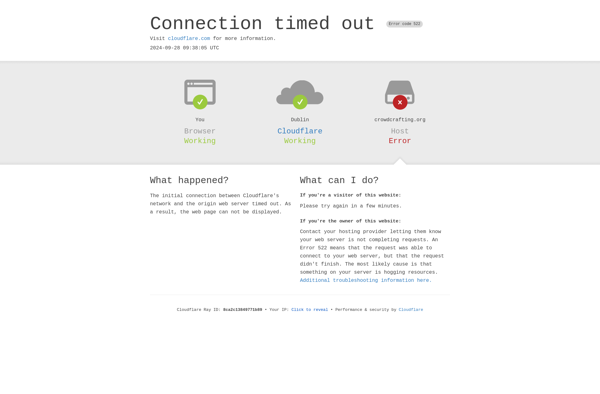
Quantum Moves
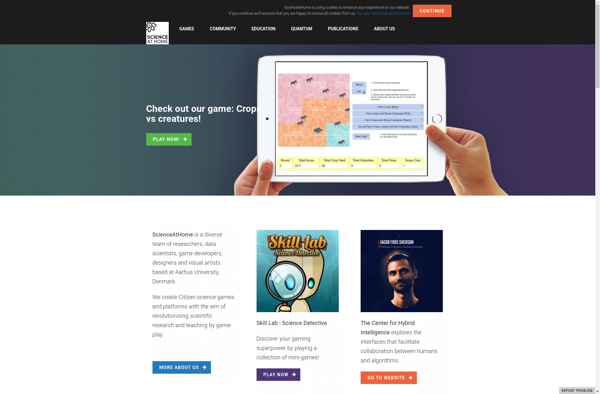
Foldit
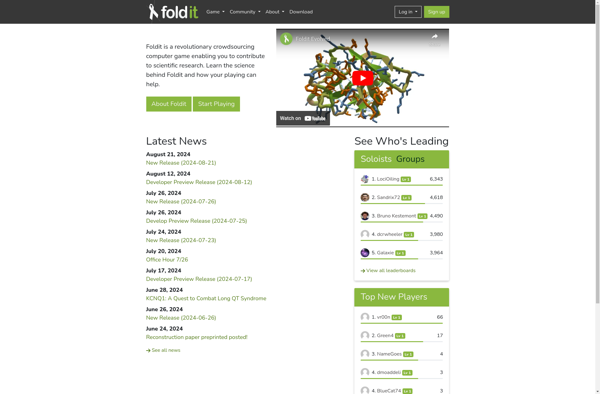
Phylo
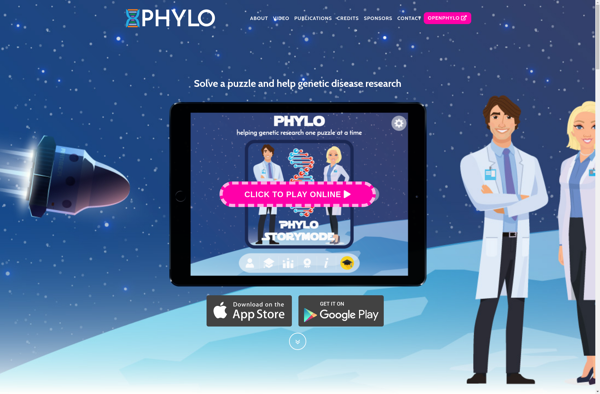
MapSwipe
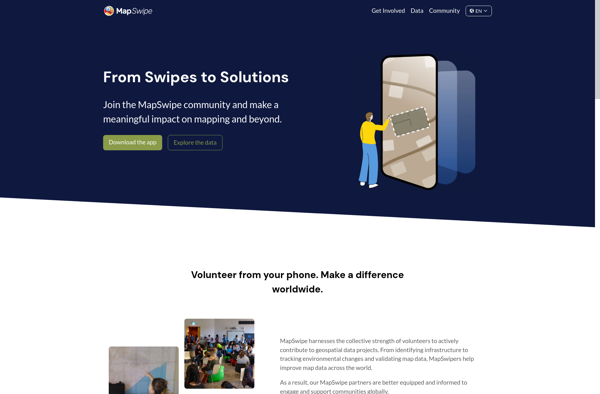
Distributed Proofreaders
